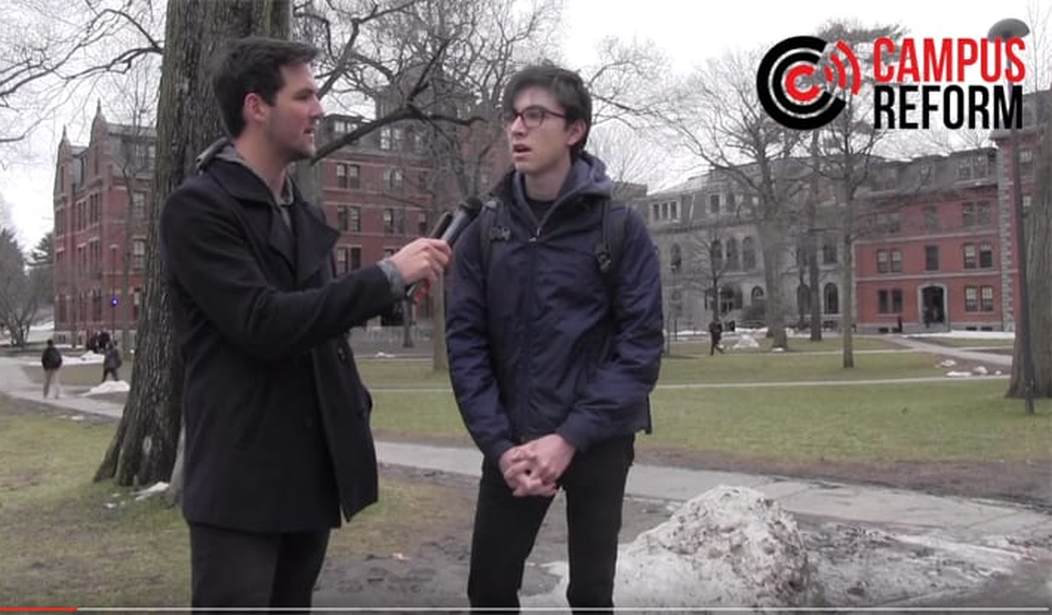ARLINGTON, Va. — “North of 400” foreign fighters are currently in limbo as the Trump administration weighs whether or not to send ISIS members captured on the battlefield to Guantanamo Bay and the State Department negotiates with the jihadists’ home countries.
Today was the deadline for Defense Secretary James Mattis to deliver a review of Gitmo operations and proposals for its future to President Trump, per a January executive order.
At the Pentagon today, Mattis told reporters that he’d “not seen anything come in to me today” on the issue, “and usually we try to answer things in advance, so that on the day it’s well resolved — a couple days before we know where it’s at.”
“So right now I’m not working that issue. I’m not sure why. I’ll go back and look at it,” he added.
Mattis said the number of foreign fighters being tracked right now is “well over 400.”
“They’re not in our custody… don’t use that number as if it’s carved in stone, OK? I just know it’s north of 400 foreign-held fighters, foreign fighters who are held there by the SDF, Syrian Democratic Forces,” he said.
“And those folks there, we have been engaging with their home countries — ‘home’ being the country they were a citizen of when they left to go fight. Now, in some cases, those countries have stripped them of their citizenship, so they have a different view as far as what their status is today. So this is not simple.”
Mattis said those repatriation talks are “being worked principally, of course, by State Department, and we’re giving all the support that we can — but so far they’re all still in SDF custody at this date.”
Mattis defended the need for a continued presence in Syria, noting “our forces are in Syria to fight under the authorization of the use of military force against al-Qaeda and associated elements, and we all know that al-Qaeda in Iraq morphed into ISIS and so it is directly under that authority and that authority alone that we are conducting Train, Advise Assist missions with the SDF.”
“That said, almost every nation in the region that is concerned with what Iran is doing. And what we don’t want to do, now that we are on the cusp of winning on the battlefield, in terms of taking down the physical caliphate, the geographic caliphate, we do not want to simply pull out before the diplomats have won the peace,” he said. “So you win the fight and then you win the peace. And so we’re going to be working again — I’m meeting with [special UN envoy for Syria] Staffan de Mistura this afternoon and see where the Geneva process is and what we can do to assist. And obviously it’s mostly a diplomatic effort in Geneva, but it has a military element, which says we don’t allow the ISIS to come back in the midst of all this.”
“This is the most complex security situation, fighting situation, whatever you want to call it, that I’ve experienced in several — four decades of government service. And so we’re still working it. And we’re working it forward against the physical caliphate; at the same time, working it forward through the Geneva process. There isn’t anything from the regime in Tehran — the Iranian regime, that’s in the best interest of the Syrian people. I don’t see them putting that as a priority forward.”
Asked if President Trump has indicated impending U.S. withdrawal from Afghanistan, Mattis replied, “No. I mean, we’re there to do a job. We’re not there to stay forever, but the job comes first. The NATO mission is — matter fact, we have a number of nations adding forces as we speak. I think you’re aware plus in Syria that the French added forces in Syria. I mean, now the missions are on track.”









Join the conversation as a VIP Member